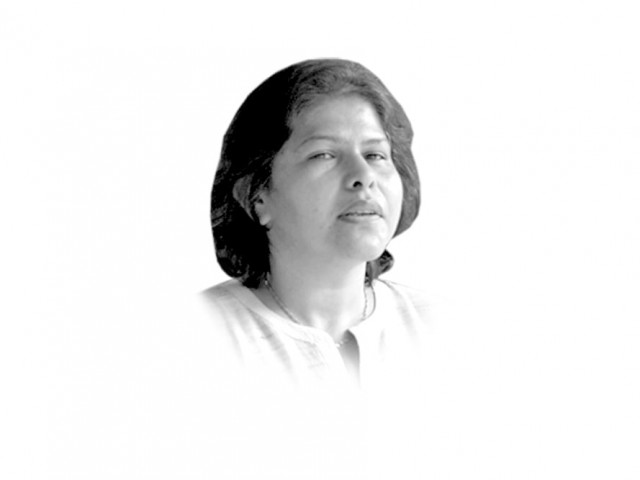The second sex
A law doesn’t acquire any significance unless it is backed with the will of the lawmakers to implement it.

Let’s confess that some of the stereotypes of women in our society pertain to her being this delicate species who must remain at home and artificially protect her honour by keeping silent any atrocity or violation of her honour. Women, we are told, are meant to be respected and have been given a high status by our religion. Sadly, the high status is usually confined to being mothers, daughters, sisters, wives, etc. A woman is an agent of a man’s honour and so must not speak out loud if she feels threatened because it brings disrespect to the man.
The other image is regarding working women. Let’s admit that a large number of men in our society, including those who otherwise pretend to be very liberal, do not necessarily think highly of women at work. The little ‘Taliban’ that hides in a lot of men and the ‘Zubeidas’ that are in quite a few women comes oozing out when judging women who are eager to compete with men. They might be working simply because there is no one else to provide for their living or just because it is their right to perform as well as men instead of confining themselves to the inner sanctum of a household. For all our claims about how our religion honours women, Muslim societies generally do a bad job of it. In both the above cases there is always a large segment of society that has no sympathy for women. A lot of men and women are critical of Mukhtaran Mai only because she got financial support from abroad — as if the money was a replacement for lost honour.
Equally depressing is the state of women at work, who are never treated as having the same rights as men. As starters, there is no emphasis at working places, especially in the public sector, to cater to the needs of women. Toilet facilities for women are almost negligent, causing a high ascendency of kidney and other related problems in for women at work. Then there is the grave issue of sexual harassment at the work place for which a law has been made in 2009/2010. However, the problem with every law in any part of the world is about its implementation. Do the lawmakers and the government machinery have the strength to implement the law? What happens with implementation when those in the highest positions of power support those that abuse the law?
Recently, there have been cases in which sexual harassers are being protected by senior office-bearers of the state. There is the case of the Punjab University professor, whom the prime minister wants re-employed despite his involvement in sexual harassment. Despite the fact that the matter was reported and witnesses submitted their written testimonies, the highest office of authority of the government, pardoned the abuser in 2008. Interestingly, the gent accused of sexual harassment is being considered for a top constitutional position of the state. Surely, there will be a long list of other similar cases.
A law doesn’t acquire any significance unless it is backed with the will of the lawmakers to implement it. The will to implement, on the other hand, becomes stronger with a change in perception regarding the issue in question. Here, it is a matter of changing the way we think about women.
As for the anchor, I wish he could get rid of his stereotypes. Women are human beings with bodies and brains. They are not just agents of a man’s honour. They are not a ‘second sex’. Their issues need to be discussed with the intent of bringing justice to them and the society at large.
Published in The Express Tribune, July 24th, 2011.














COMMENTS
Comments are moderated and generally will be posted if they are on-topic and not abusive.
For more information, please see our Comments FAQ